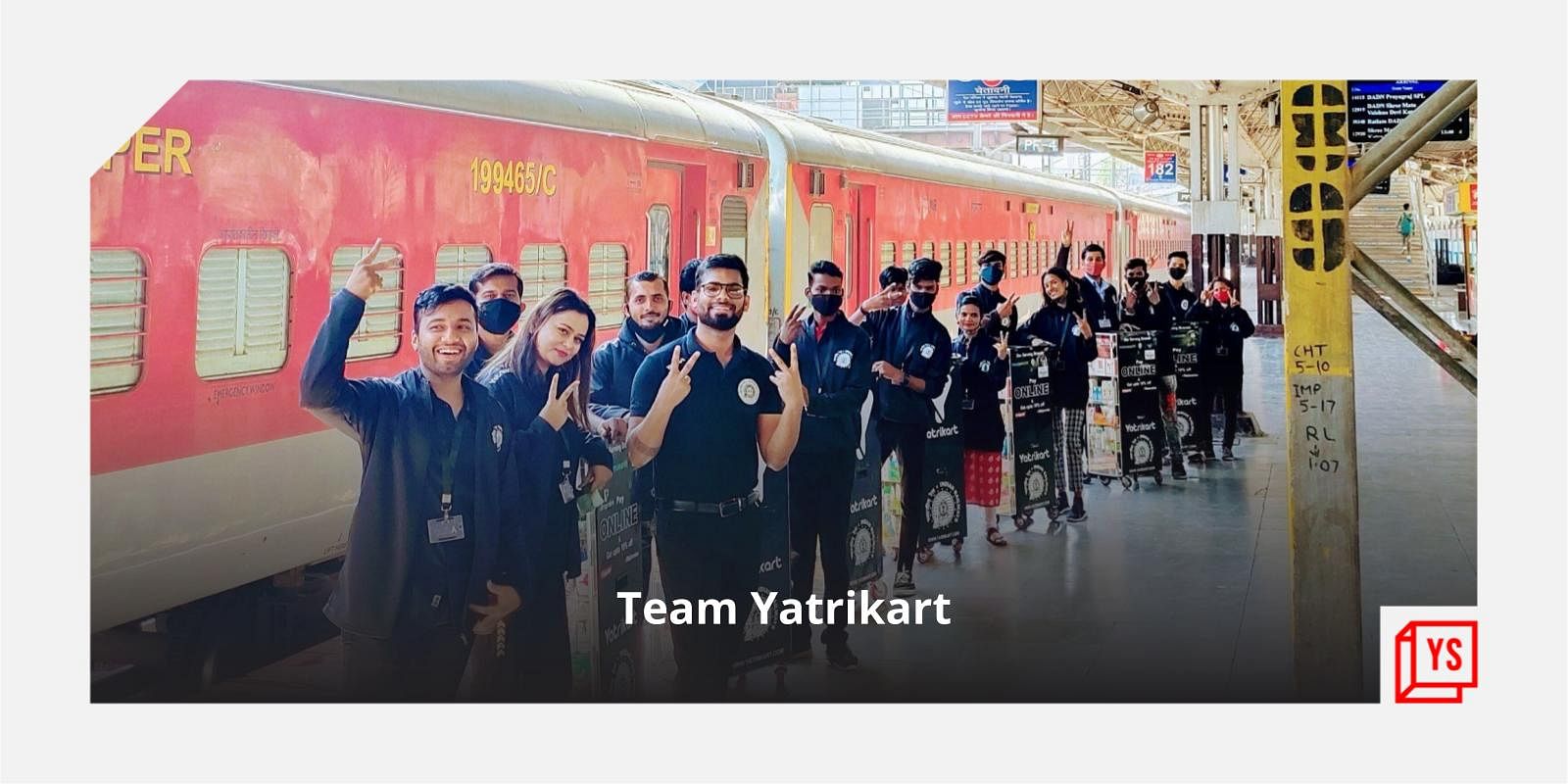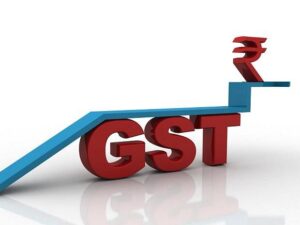Hailing from a small town in Haryana, Gaurav Rana started working when he was 17. A year later, in 2012, he was working two jobs at one point—burning the night oil as an engineer with Volvo Eicher, and slogging through the day with his event management company Vocano Events.
Gaurav likes to call this time “a balancing act between sustenance and passion”.
After shutting Vocano Events in 2016, Gaurav felt drawn towards the beauty and wellness industry, and soon co-founded Calipso, a website for booking appointments for beauty services from anywhere, with his brother, Mohit Rana. The business scaled profitably and within seven months served 3,000 beauty services to more than 950 customers, with order values ranging from Rs 500 to Rs 2,000.
But as fate would have it, the pandemic forced the team to shed 90 percent of their inventory to overcome their financial hardships.
Gaurav had to bid adieu to Calipso in 2021, giving his brother the responsibility of taking care of “whatever was left of the company”.
Yatrikart
Third time’s the charm
Gaurav then turned his attention to small vendors and hawkers, particularly those selling items such as snacks, toys, and magazines on trains.
“Small hawkers and vendors getting evicted or penalised is quite common. But what many people don’t know is how an age-old profession like hawking and vending becomes illegal in India. The reason is that many hawkers are not registered with the government to sell goods inside trains and on the highways. This results in their frequent evictions, penalties, and absence of incentives,” he says.
Gaurav co-founded Indore-based Yatrikart with friend Shivangee Sharma in 2021, focusing on what they call ‘retailing-on-the-go’ for people travelling by train or road.
The retail startup collaborates with hawkers to sell essentials such as food, water bottles, sanitary napkins, chargers, headphones, as well as non-essential items for road and rail travellers.
At present, they have around seven roadside retail shops across Madhya Pradesh, Rajasthan, and Gujarat, and 15 carts on trains that pass through these states.
Yatrikart
A cause beyond entrepreneurship
The 20-member Yatrikart team seeks permission from the Ministry of Railways and the Ministry of Labour to provide hawkers and small vendors with working licences. According to the Ministry of Housing and Urban Poverty Alleviation, India has about 10 million street vendors.
“We are empowering last-mile entrepreneurs by providing them with technological support and training,” Gaurav says.
“We refer to hawkers as ‘captains’ because the term ‘hawker’ comes with a negative connotation. It is funny how air hostesses selling the same goods on a flight are considered normal while someone selling the same goods on the street is seen differently.”
In June 2022, the startup raised $450,000 in a seed round from Shuru-Up’s Digital Platform and Artha Venture Fund.
“The retail on-the-go segment holds immense growth potential,” says Anirudh A Damani, Managing Partner, Artha Venture Fund.
“Gaurav and Shivangee’s startup has introduced a method to the madness by streamlining an otherwise fragmented operation of standalone merchants and hawkers at transit hubs like airports, metros, railways, and highways. Their tech-enabled proposition saves time while fulfilling the impulse needs of travellers.”
How it works
Yatrikart onboards small retailers and hawkers who sell goods in trains and on national highways. They are trained and provided with a working licence in exchange for a security deposit of Rs 50,000 to Rs 2 lakh, depending on the inventory size. These hawkers then sell products on behalf of Yatrikart in roadside stalls or pushcarts in trains.
The ‘captains’ receive a 20 percent commission on the sales. So far, 15 hawkers and 15 small vendors are associated with Yatrikart.
Yatrikart’s backend platform onboards both hawkers and retail brands after a rigorous process of background and police verification. This is a mandatory step for hawkers and vendors to run businesses on trains, railway platforms, and national highways in India.
“Small retailers and vendors often do not have the capital to rent spaces, create infrastructure, and procure products from different companies to sell. This is where Yatrikart steps in.
“We provide the inventory, offer easy-to-use backend technology and help them set up their shop or cart. All they need to do is focus on selling the products on behalf of Yatrikart,” Gaurav says.
Yatrikart has collaborated with brands like Dove, Colgate, Colorbar, Pepsi, PeeSafe, Unilever, ITC Limited, and others.,
The revenue model of Yatrikart involves retaining a product margin of 40 percent, of which 20 percent goes to hawkers.
Gaurav says the startup clocked a revenue of Rs 25 lakh per month within six months of launch in October 2021. They have not made any financial filings so far with the Ministry of Corporate Affairs.
Challenges and the future
The founder says creating trust among hawkers is not easy.
“Sometimes, hawkers do not see the value of selling, for instance, a face wash in trains. But it has some value proposition.”
Another challenge is marketing the product. Since travelling for longer distances happens only occasionally, the team has to explain and market their brand to new customers every day.
Gaurav feels that since the majority of the population is unaware of such retail brands, it poses a challenge for effective marketing.
“Earlier, we used to carry tiffins when trains didn’t provide food. Now almost every train offers meals so no one carries extra luggage with them.
“Our target is to create a similar understanding among the masses that it is okay to miss on a few things while packing for long journeys because Yatrikart will come to the rescue,” Gaurav says.
As per Kearney Research, India’s retail industry is projected to grow by 9 percent from 2019 to 2030, reaching $1.8 trillion.
Yatrikart wants to tap into this opportunity. The startup aims to launch 200 retail shops and carts in about a year, while keeping 10,000 carts and shops as a bigger target to achieve in the next five years. It competes with the likes of RailYatri, OMitra, ConfirmTkt, Railofy, and Travelkhana.






![Read more about the article [Funding alert] Smart parking platform ParkSmart raises seed capital from Campus Fund and industry veterans](https://blog.digitalsevaa.com/wp-content/uploads/2021/05/unnamed-1594631559313-300x152.jpg)



